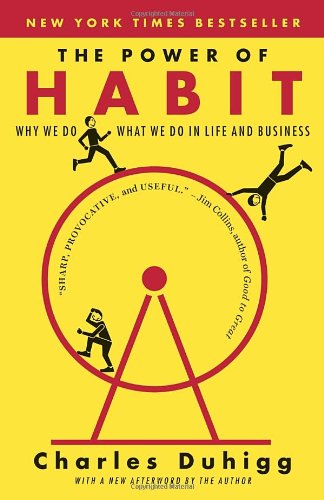
Do manners matter? Is there a correlation between kind behavior and successful completion of tasks ? Charles Duhigg, in his book “The Power of Habit” describes an experiment at the University of Albany. Student participants were asked to sit in a room with a plate of cookies. The first group was told that their willpower was being studied and were kindly asked to refrain from helping themselves to the cookies. They were also thanked and asked for their input on the experience. The other half of the group, however, was given only a rude order not to touch the cookies. In each case, the staff person left the room for five minutes. No students gave in to temptation.
Then things really got interesting. Following the “willpower” exercise students took a simple computer-based test. The results showed that those who had been treated kindly did well on the test. Those who had been treated rudely, however, did terribly -- they said they were tired and couldn’t focus.
The study shows that students (or employees) respond well to positive behavior. Giving people a sense of agency can significantly increase their energy and focus, and thereby improve their performance. How can this idea be used in our classrooms and the university community? Duhigg argues that making a habit of providing a positive and supportive environment increases peoples’ capacity to be successful.